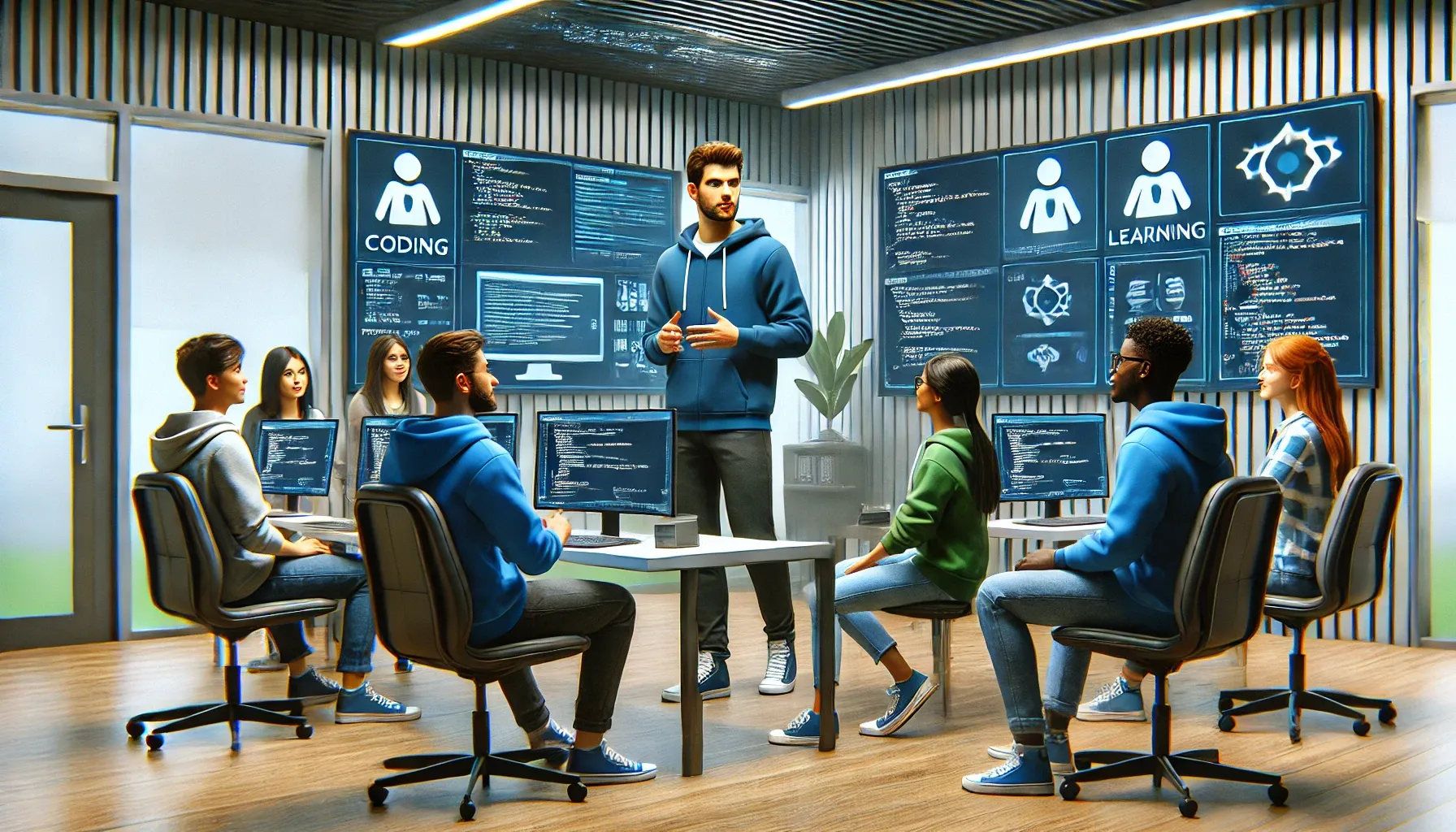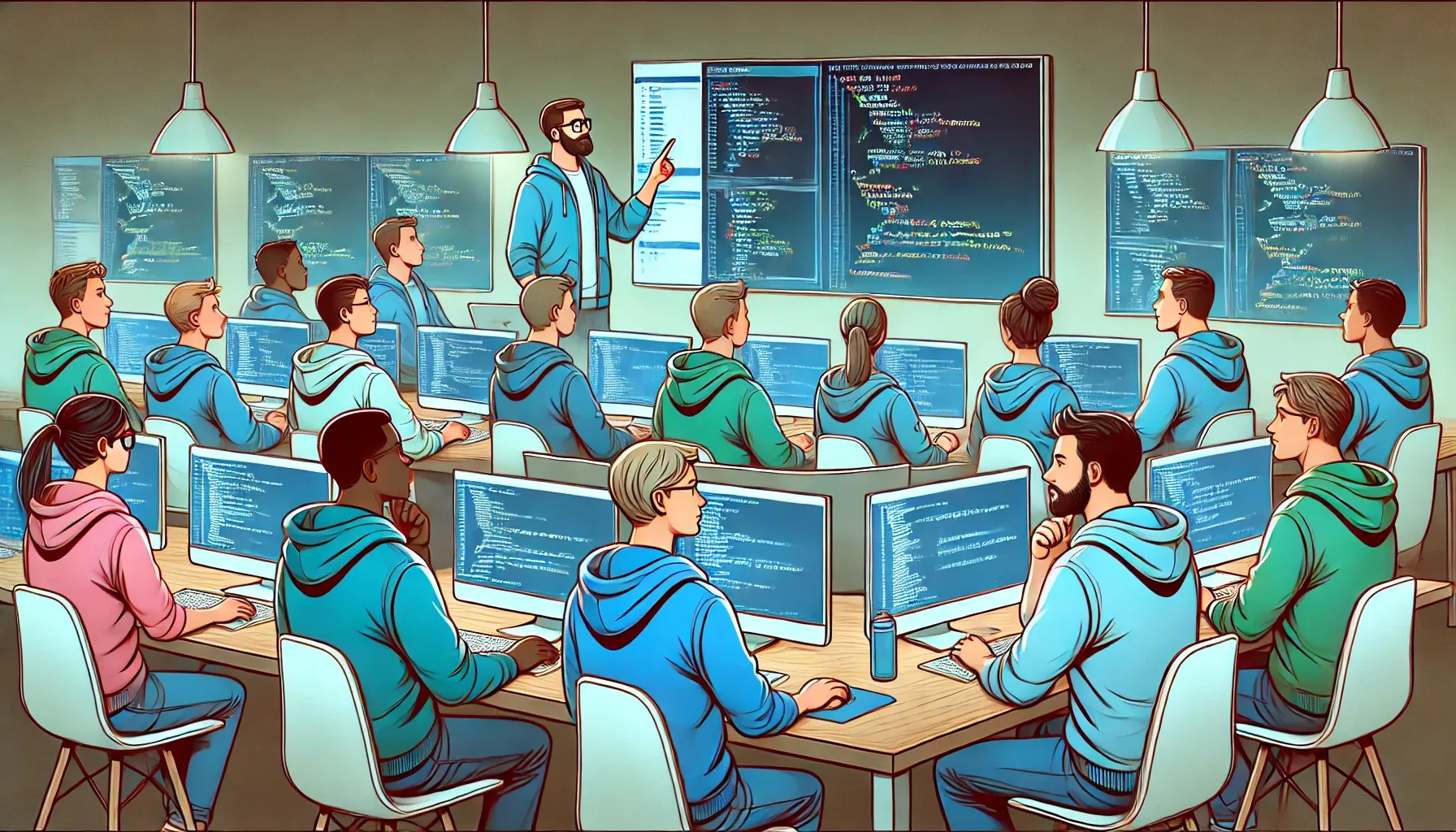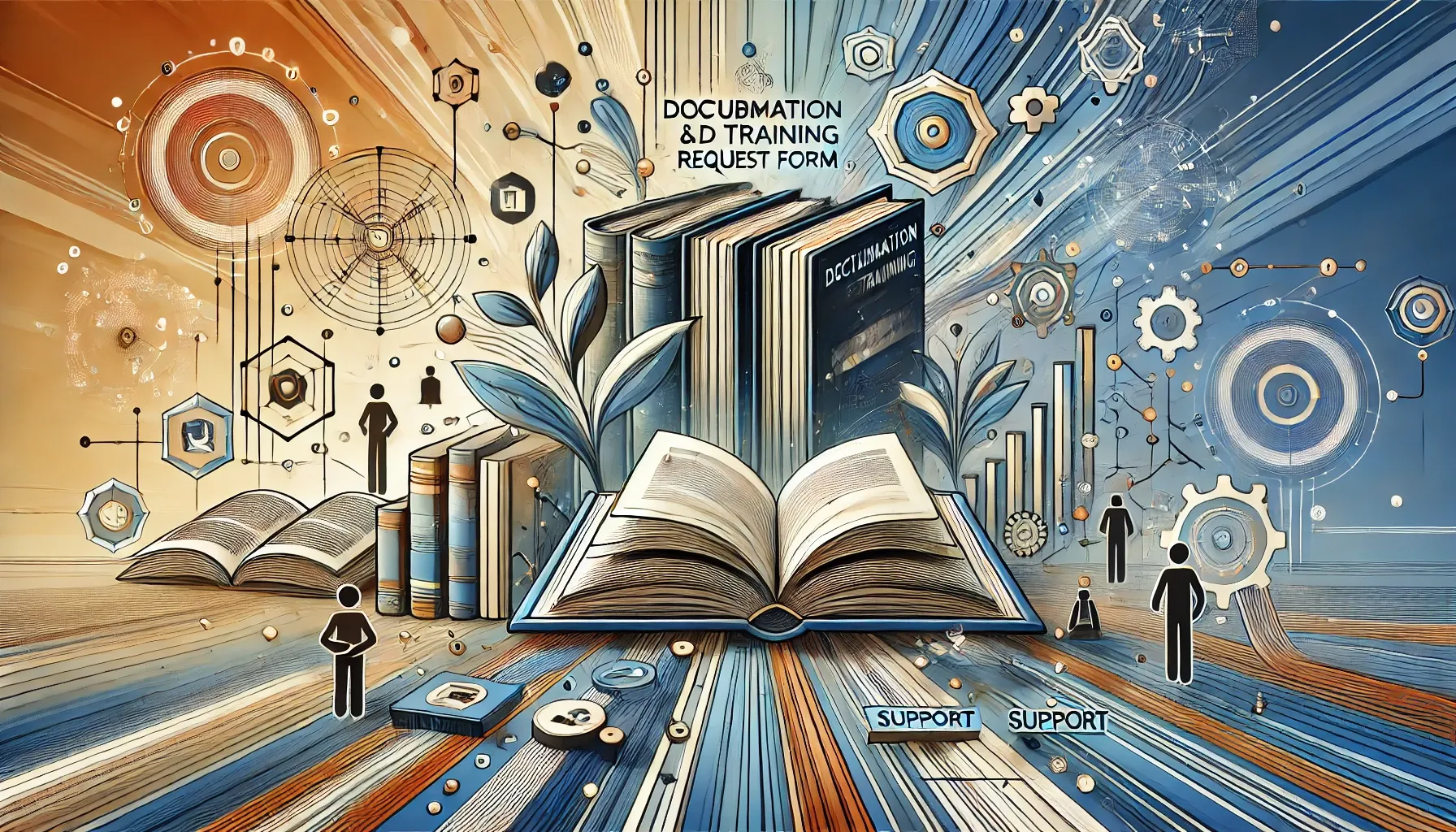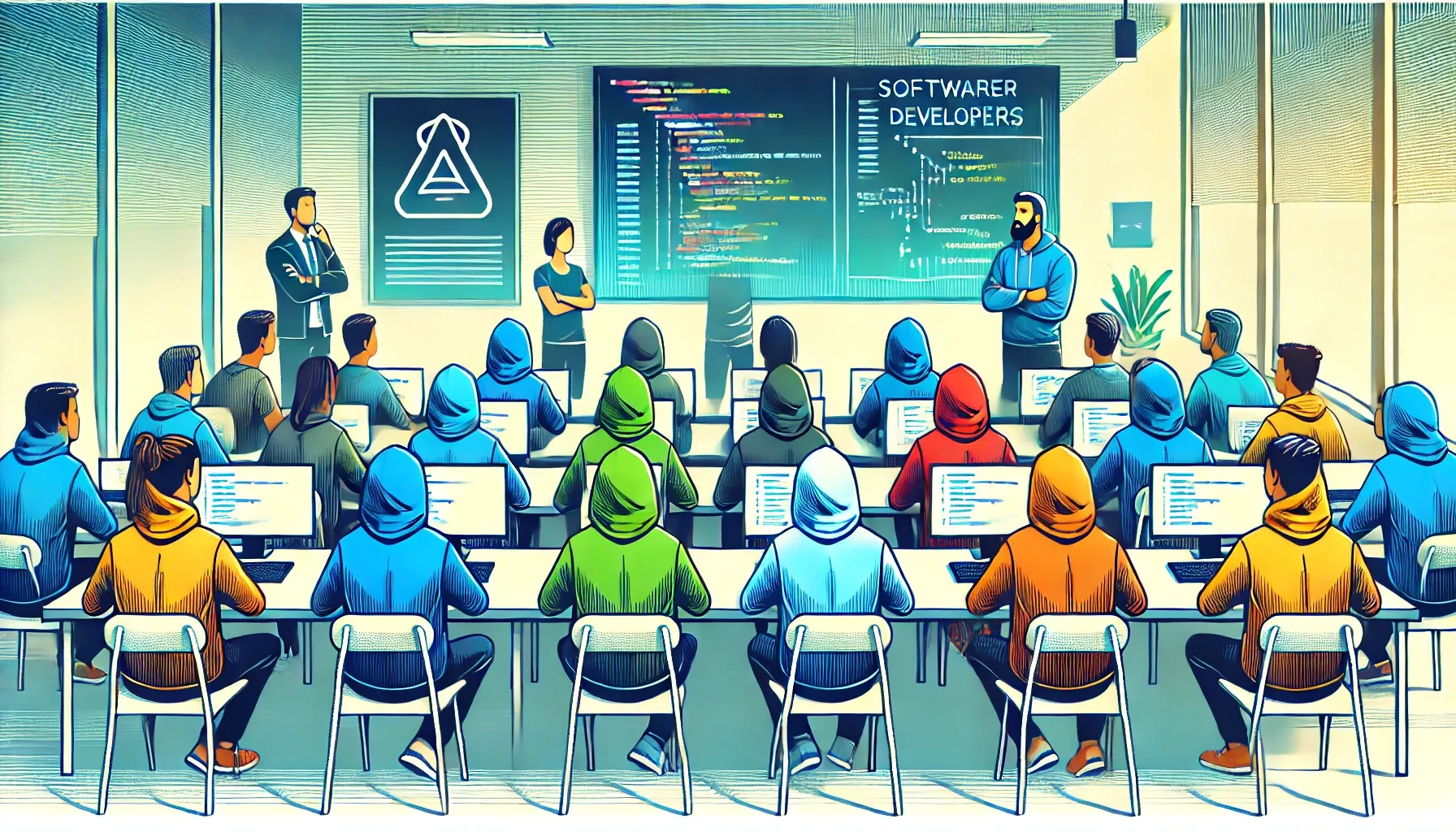On this page
Developer Education is a comprehensive initiative aimed at creating an environment where engineers can continuously learn, share knowledge, and innovate. It encompasses various strategies and programs designed to accelerate the onboarding process, establish a cycle of continuous technical learning, build strong learning communities, and provide expert guidance at scale. By focusing on these core objectives, Developer Education enhances the overall effectiveness of engineering teams, ultimately benefiting the entire organization.
Core Objectives
- Accelerating Engineers: One primary goal of Developer Education is to reduce the ramp-up time for new engineers and those transitioning to new technologies. By offering comprehensive onboarding experiences and sharing the foundational principles behind the company’s products and engineering practices, Developer Education ensures that engineers can quickly become productive and start contributing innovative solutions to customer problems.
- Establishing Continuous Technical Learning: A culture of continuous learning is essential for the long-term success of any engineering team. Developer Education creates a robust ecosystem of training curriculum and integrated product knowledge, providing engineers with the resources they need to stay up-to-date with the latest technologies and best practices. This not only promotes a deeper understanding of the company’s technologies but also fosters a psychologically safe environment for learning and growth.
- Building Learning Communities: Engineers learn best from their peers, and Developer Education focuses on creating and nurturing learning communities within the organization. These communities facilitate knowledge sharing, collaboration on projects, and mutual growth, helping to scale relationships and minimize the administrative burden on domain experts. This allows experts to focus on leading and mentoring rather than managing, further enhancing the overall learning experience.
- Scaling Through Expert Guidance: Providing centralized support for local learning and knowledge-building efforts is a key aspect of Developer Education. By offering frameworks, tools, and best practices for knowledge creation, publishing, maintenance, and measurement, Developer Education ensures that learning solutions are scalable and sustainable across the organization.
- Paved Road Learning: A crucial component of Developer Education is the concept of Paved Road Learning. This approach focuses on creating standardized, well-documented, and easy-to-use tools and practices that developers can rely on to perform their tasks efficiently. By reducing the cognitive load on developers, Paved Road Learning simplifies the process of using and supporting core tools, thereby enhancing overall productivity.
Key Strategies
- Improving Documentation: Comprehensive and accessible documentation is essential for helping developers understand and effectively use core tools.
- Custom Training Programs: Tailored training programs address specific needs and challenges faced by developers, ensuring they receive relevant and practical knowledge.
- Efficient Onboarding Procedures: Streamlined onboarding processes help new engineers quickly integrate into the organization and become productive.
- Continuous Education Programs: Ongoing educational opportunities ensure that engineers stay current with the latest technologies and best practices.
Why Paved Road Learning Matters
By reducing the cognitive load on developers, Paved Road Learning bridges knowledge gaps, elevates productivity, decreases operational burdens, and lessens dependence on real-time human support. This streamlined approach leads to more efficient software development processes, ultimately driving the company’s success.
Target Audience
The primary audience for Developer Education comprises technical employees in engineering and data science roles, including software, UI, security, analytics, data, algorithms, and reliability engineers. Regardless of whether they work onsite, remotely, or in a hybrid setup, these roles are crucial for maximizing the value delivered to the company. While other employees may also benefit from technical products and solutions, Developer Education principally prioritizes programs that support the core audience, ensuring that the most critical needs are met.
Strategic Goals
Developer Education aligns its efforts with long-term business needs, addressing challenges such as scaling services, supporting expanded business requirements, adapting to changing compliance and licensing standards, and accommodating a diverse and growing workforce. Key strategic goals include:
- Providing a Cohesive Onboarding Journey: Ensuring a smooth transition and quick integration for new and transferring employees through comprehensive guidance and support.
- Creating Cohesive Learning Journeys: Building a deeper understanding of problem-solving through curated learning journeys based on problem domains.
- Empowering Learning Community Leaders: Identifying and training community leaders to drive learning initiatives and support scalable community management.
- Providing Expert Guidance at Scale: Offering clear guidance and best practices for creating, maintaining, and sharing learning content, integrated with the company's knowledge management ecosystem.
Guiding Principles
To achieve its mission and goals, Developer Education adheres to several guiding principles:
- Train to Solve Problems, Not Just Use Products: Focus on teaching problem-solving skills rather than just product use.
- Model Excellence: Showcase best practices in curriculum design and facilitation, continuously iterating and improving learning solutions.
- Design Inclusive Learning Experiences: Create minimum viable products (MVPs), experiment rapidly, and ensure content development and delivery are free from biases.
- Prioritize Impact, Not Engagement: Measure success based on the impact on technical staff and business outcomes rather than content engagement metrics.
- Scale Through Partnership and Culture: Collaborate with learning and development (L&D) partners, share innovations, and foster a culture of learning within the technical staff.
- Serve as Allies to Developers: Advocate for technical learners, provide psychological safety in addressing knowledge gaps, encourage growth, and promote open information sharing and professional development.






